Payment gateway security is essential for safe online transactions, protecting businesses and customers from fraud and data breaches. By using advanced security features like 3D secure, tokenization, and encryption, payment gateways help keep sensitive data secure during digital payments. For a reliable and secure payment solution, explore GPay and see how it can protect your transactions while providing a seamless user experience.
What is payment gateway security?
Payment gateway security is a framework of protocols and technologies that protect sensitive customer data, like credit card details, during online transactions. It includes encryption, tokenization, and compliance with standards like PCI-DSS to prevent unauthorized access and data breaches.
The main goals of payment gateway security are:
Preventing unauthorized access: Blocking malicious actors from intercepting or manipulating transaction data.
Safeguarding customer data: Ensuring that sensitive information, like payment details, is encrypted and securely stored, reducing the risk of data leaks.
Building trust: Establishing confidence among customers by demonstrating that their information is protected, encouraging them to make transactions without fear of fraud.
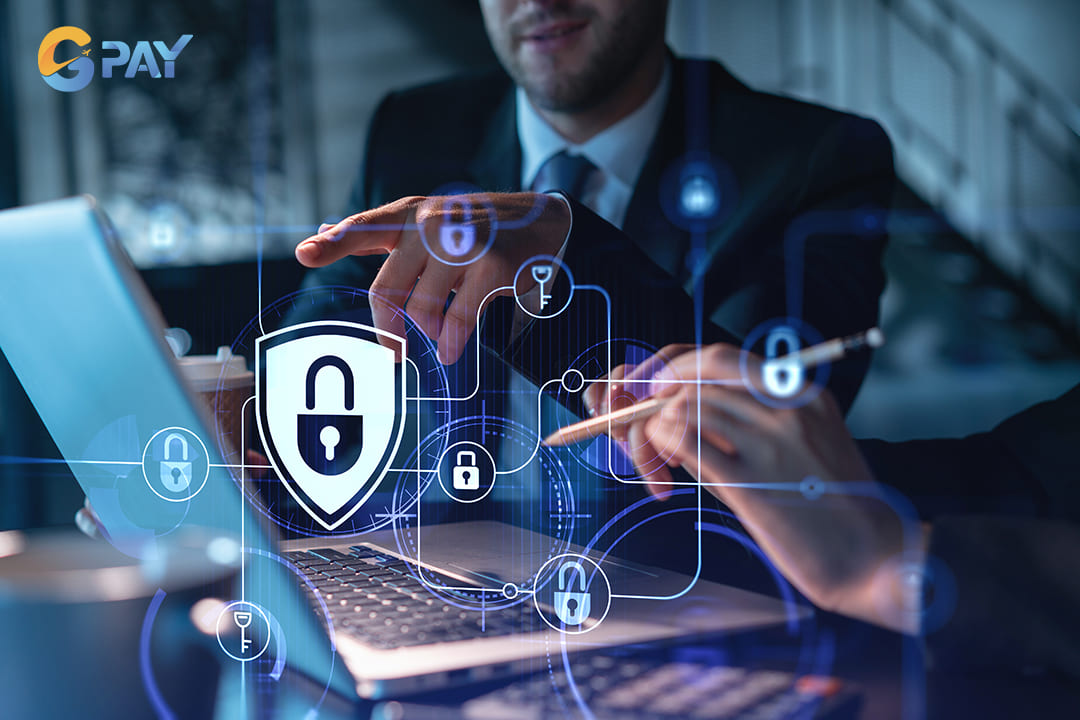
What is payment gateway security?
Why payment gateway security matters
Payment gateway security is essential because it protects sensitive customer data, prevents fraud, and ensures trust in online transactions.
Risk factors
Without secure payment gateways, businesses and their customers face several risks:
Fraud: Attackers can intercept or manipulate payment data to commit fraud, leading to unauthorized transactions and financial theft.
Data breaches: Sensitive customer data is highly vulnerable if left unprotected. Information like credit card details and personal information can be exposed, leading to potential leaks that compromise user privacy.
Financial losses: The fallout from fraud and data breaches can be financially damaging. Businesses may incur chargebacks, fines, and reputational damage, resulting in revenue loss and diminished customer trust.
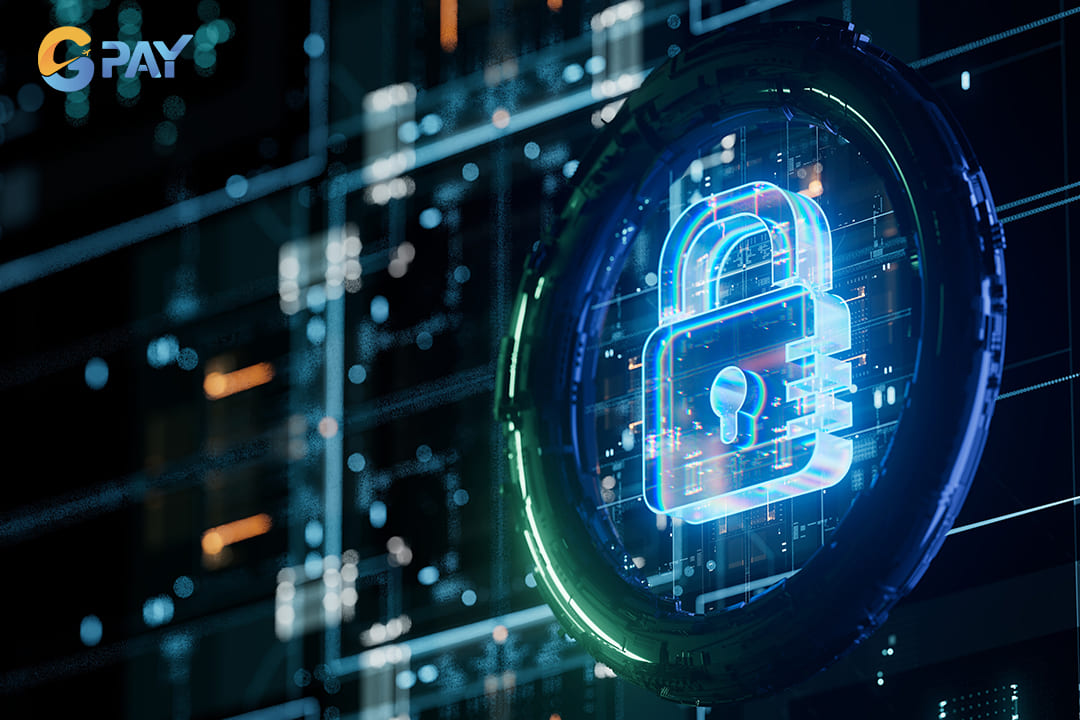
Payment gateway security plays a vital role in online transactions
Industry standards and regulations
Secure payment gateways must adhere to specific industry standards and regulations to protect sensitive data:
PCI-DSS (Payment Card Industry Data Security Standard): Enforced by major credit card companies, PCI-DSS sets strict requirements for handling, processing, and storing cardholder information, ensuring payment security.
GDPR (General Data Protection Regulation): In the EU, GDPR mandates stringent controls on handling personal data. This includes transaction information to protect customer privacy and grant individuals control over their data.
PSD2 (Revised Payment Services Directive): In Europe, PSD2 requires strong customer authentication (SCA) for online payments, boosting security through multi-factor verification.
These standards help businesses comply with security protocols and reduce liability. They also foster a trusted payment environment, making gateway security essential for regulatory compliance and customer satisfaction.
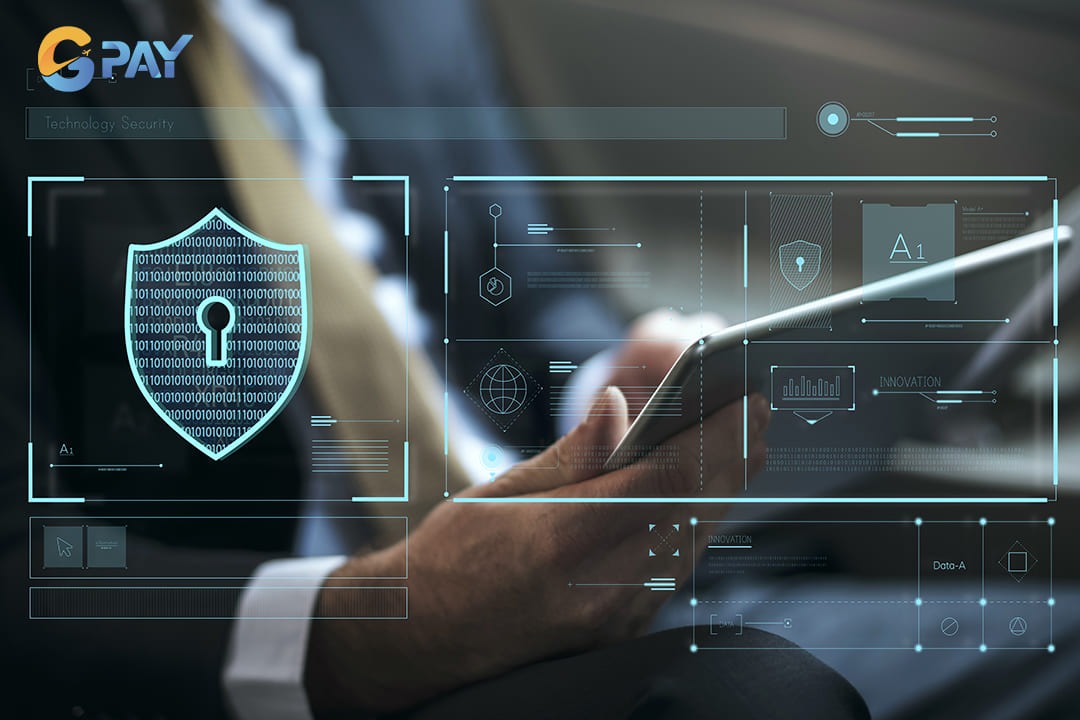 Secure payment gateways must adhere to specific industry standards and regulations
Secure payment gateways must adhere to specific industry standards and regulations
Common types of payment gateway security
Here’s a breakdown of the most common types of payment gateway security:
3D Secure Authentication
Explanation: 3D Secure is an additional layer of security designed specifically for online card transactions. Developed by major card networks like Visa, Mastercard, and American Express, 3D Secure requires the cardholder to verify their identity during the transaction. This is typically done through a password, one-time code, or biometric authentication.
Benefits: 3D Secure helps prevent unauthorized transactions and reduces chargebacks for businesses. By requiring an additional verification step, 3D Secure reduces the risk of fraud and offers more protection for both merchants and customers.

3D Secure helps prevent unauthorized transactions and reduces chargebacks
Tokenization
Explanation: Tokenization is a security method that replaces sensitive payment data, like card numbers, with a unique identifier known as a “token”. These tokens are randomly generated and have no intrinsic value or meaning, making them useless if intercepted.
Benefits: Tokenization is highly effective in reducing exposure to data breaches since the actual payment data is not stored on business servers. This also lessens the regulatory burden as it reduces the amount of sensitive data that needs to be protected and managed.
End-to-end encryption (E2EE)
Explanation: E2EE ensures that data is encrypted at the point of entry (like a user’s device) and remains encrypted throughout the entire transfer process until it reaches the payment processor. This type of encryption prevents data from being read or intercepted by unauthorized parties while in transit.
Benefits: By keeping data encrypted across the transmission channel, E2EE ensures that payment information remains secure from interception attacks, like “man-in-the-middle” attacks. This technology is critical for online transactions and instills greater confidence in customers making payments.
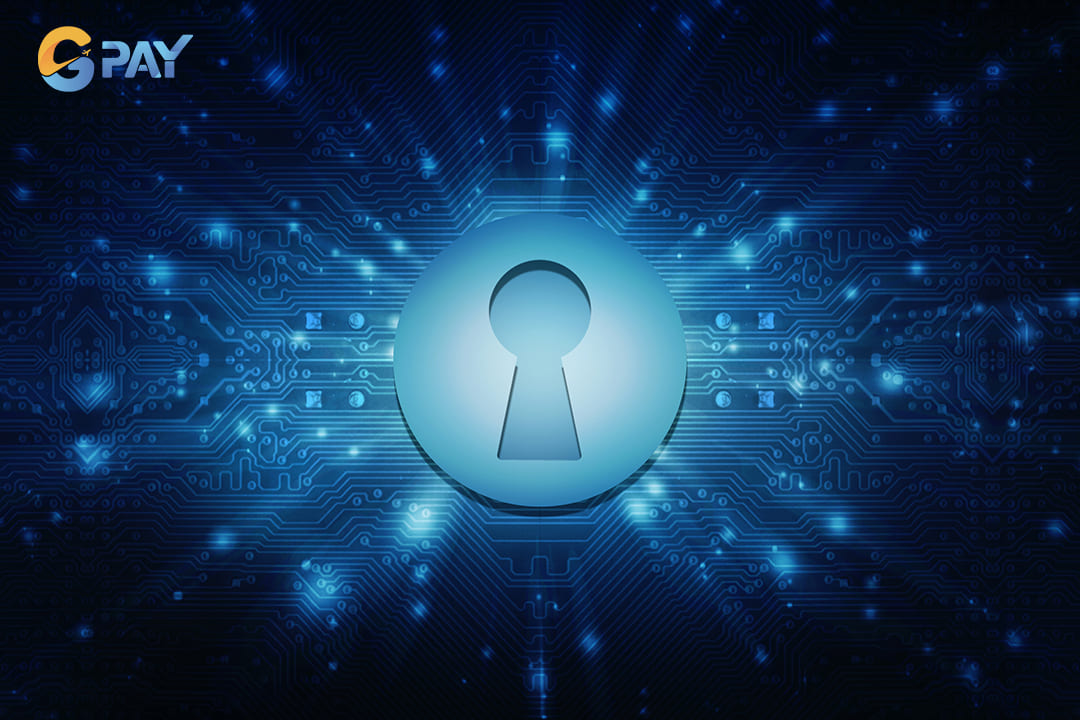
Tokenization and E2EE are effective in protecting data
SSL/TLS protocols
Explanation: SSL (Secure Sockets Layer) and its successor, TLS (Transport Layer Security), are protocols that secure internet connections by encrypting data sent between users and web servers. These protocols authenticate the server and encrypt data, creating a secure session for the transaction.
Benefits: SSL/TLS is essential for establishing a secure connection between a customer’s device and the payment gateway, ensuring data integrity and confidentiality. This prevents tampering with payment data during transmission, and customers can recognize a secure connection by the “https” prefix in the URL.
Fraud detection tools and machine learning
Explanation: Many payment gateways use fraud detection tools that rely on data analytics, artificial intelligence, and machine learning to detect unusual activity. These tools analyze transaction patterns, customer behavior, and geolocation data to flag and prevent fraudulent activity.
Common tools:
AVS (Address verification service): AVS matches the billing address provided with the card’s registered address to confirm the identity of the cardholder.
CVV Verification: Ensures that the card verification value (CVV) on the back of the card is correct.
Machine learning models: Machine learning algorithms assess real-time transaction data to detect potential fraud patterns based on transaction history and user behavior.
Benefits: Fraud detection tools improve transaction security by automatically identifying potentially fraudulent transactions. They allow businesses to respond proactively to suspicious activity and reduce chargebacks.
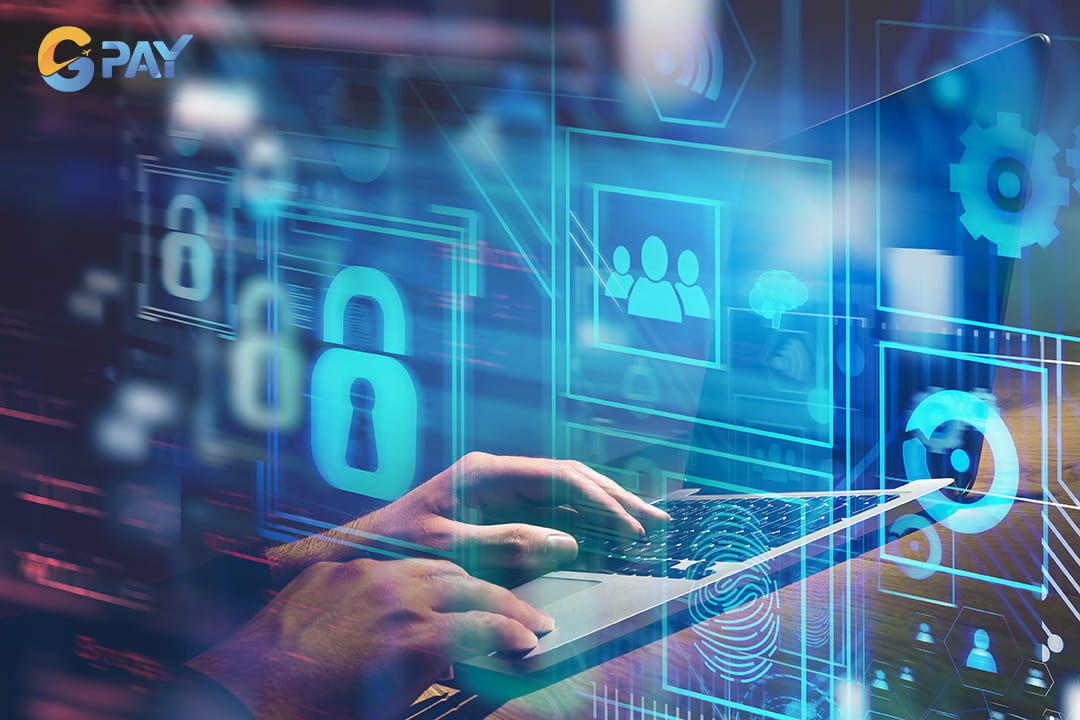
Businesses and customers need payment gateway security to make payments safely
Multi-Factor Authentication (MFA)
Explanation: MFA requires multiple verification steps for accessing accounts or authorizing transactions. This might include something the customer knows (like a password), something they have (like a smartphone), or something unique to them (like a fingerprint or facial recognition).
Benefits: MFA adds an extra layer of security by making it more challenging for unauthorized users to complete a transaction. Even if an attacker obtains one verification factor, they would still need access to the second factor, providing a robust defense against fraud.
PCI-DSS Compliance
Explanation: The Payment Card Industry Data Security Standard (PCI-DSS) is a set of security standards established by major credit card companies. It requires businesses to follow strict protocols for processing, storing, and transmitting cardholder data.
Benefits: PCI-DSS compliance ensures businesses meet a high level of security, protecting customer payment information from breaches. Being PCI-DSS compliant can also enhance trust with customers and reduce potential penalties and liabilities for data breaches.
Device fingerprinting
Explanation: Device fingerprinting collects and analyzes device-specific information (like IP address, browser type, and operating system) to identify unique devices and monitor user behavior.
Benefits: This technology helps payment gateways detect unusual device activity or attempts from unrecognized devices. It reduces the chance of fraudulent transactions and adds an extra layer of security.
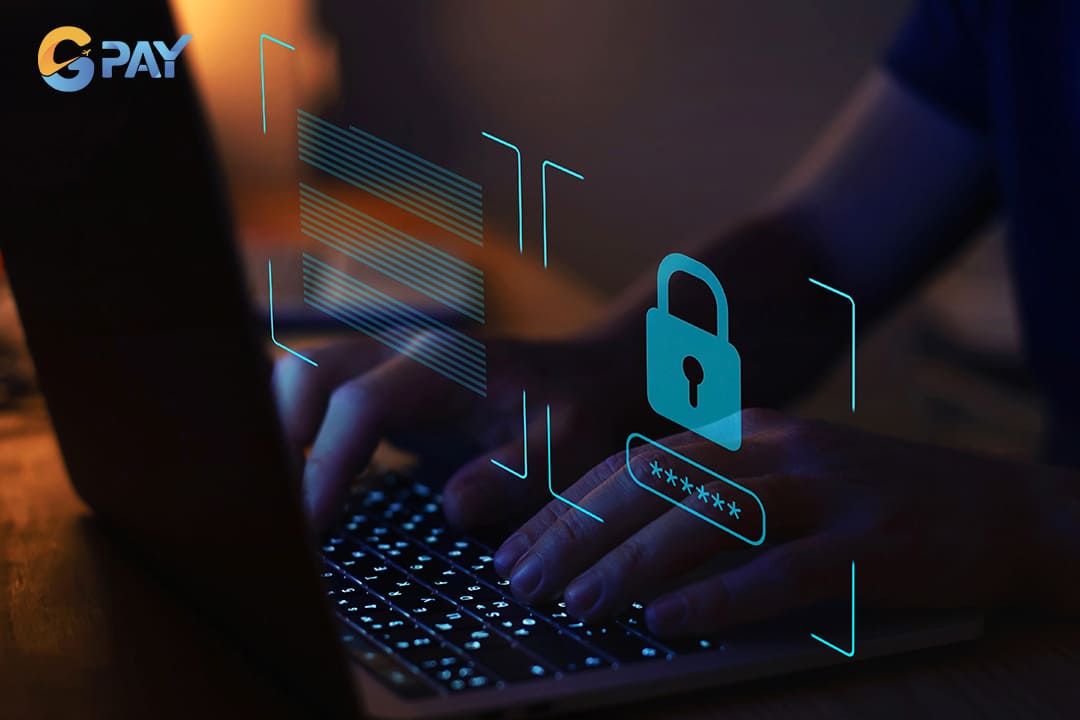
Payment gateway securities reduce the chances of fraud and protect business and customer
GPay’s Payment Gateway security
GPay - Global Payment Gateway prioritizes the security of your transactions, employing the latest technology to safeguard your financial data and provide peace of mind. GPay incorporates 3D Secure authentication, an additional layer of verification that confirms the identity of the cardholder before completing a payment.
This feature helps prevent fraud by requiring a one-time passcode or biometric verification during the checkout process. For users, 3DS provides an extra measure of security, adding assurance that each payment is both verified and securely processed.
Additionally, GPay supports secure payments across more than 173 countries, including high-risk regions, providing businesses with a reliable solution for international transactions. GPay enables payments in multiple currencies and supports various payment methods, all through a single gateway. This setup simplifies global payment processing and enhances flexibility for both merchants and customers.
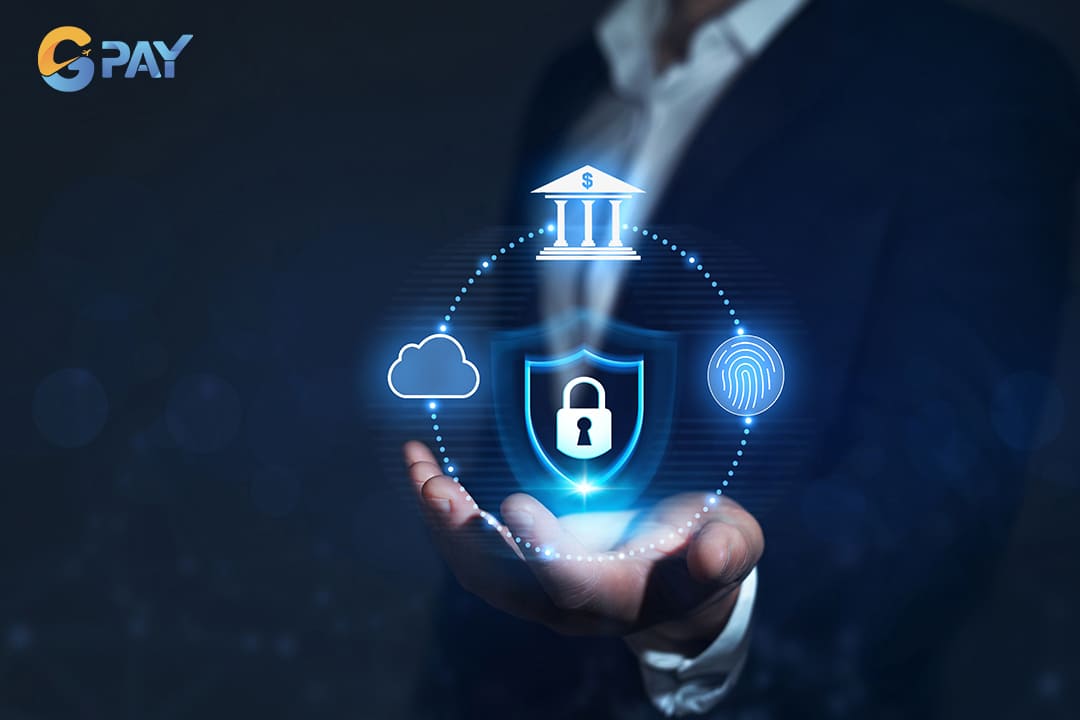
GPay incorporates 3D secure authentication
With these measures in place, GPay combines ease of use with robust protection, making it a trusted platform for secure digital transactions. Whether it’s for personal purchases or business needs, GPay's advanced security features ensure that your payments are protected at every step.
Choose GPay for seamless, secure, and reliable payments, enhanced with advanced 3DS protection. Get started with GPay today and enjoy peace of mind for every purchase!

